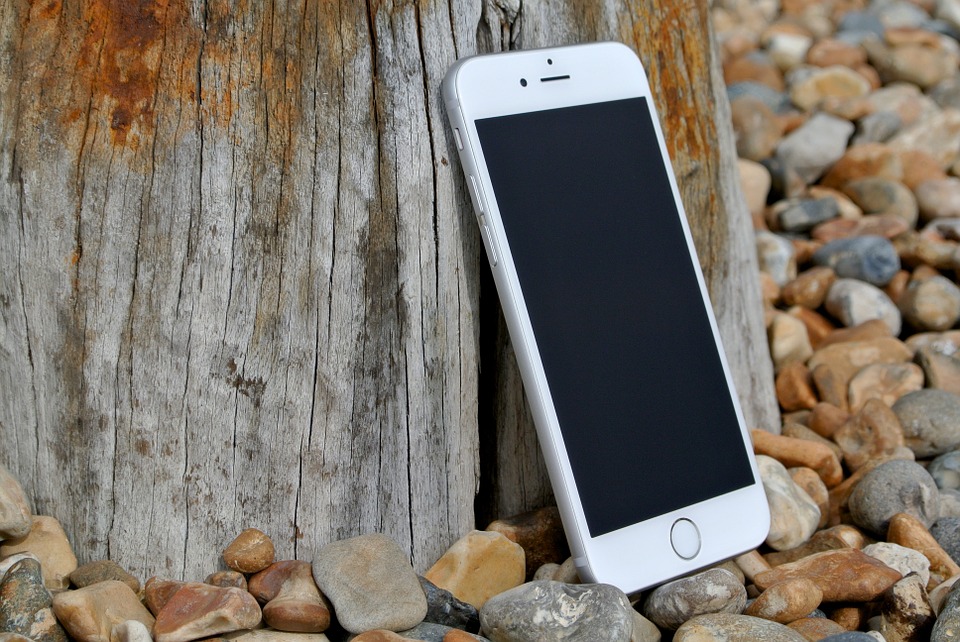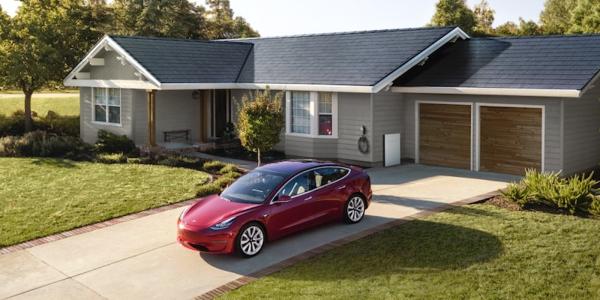-
By StaffNov 22, 2017, 1:19 am2.8k ptsInsanely Great Special Content
Special ContentA report on the environmental impact of has claimed that global technology companies, such as Samsung Electronics, Amazon and Huawei are not doing all they can to limit their effects on global warming.

The report, compiled by Greenpeace, has continually applied pressure on companies to switch to renewable energy in order to reduce greenhouse gasses, emissions and reliance on fossil fuels. Further to this, Greenpeace outlined steps for companies to balance their use of recyclable materials and phase out potentially toxic materials within their manufacturing processes.
The report details the hidden cost behind what may be the most sought-after and celebrated consumer products in the 21st century: mobile computing devices like smartphones and tablet computers.
The hidden costs behind many consumer products are also being cited as adversely affecting the environment - from mobiles, in-car technology, tablets and smartwatches, Greenpeace aims to educate consumers on the much-debated topic.

Toxic elements are used in many products, but it is worth noting that products such as the Samsung Galaxy S8 use mercury, lead, cadmium, bromide and zinc - all hazardous materials. With the timing of the report in the lead-up to Black Friday, consumers are starting to take note of their own environmental footprint and may be looking toward more environmentally sound products in the Black Friday sales. Current Samsung Galaxy users may also be looking to switch to more environmentally friendly products, with potentially less hazardous materials.
Gary Cook, campaigner at Greenpeace USA said, "Tech companies claim to be at the forefront of innovation, but their supply chains are stuck in the Industrial Age,''.
With many of the components in mobile phones being manufactured in third-world countries, Greenpeace claims that their supply chains use lesser developed manufacturing plants which use the ethos 'take, make waste' paradigm.
Many of the mentioned companies have data centres in all of the major continents which administrate and facilitate their after-sales support are also being targeted by the report. Greenpeace believes that these data centres should be doing more to help the environment - with companies ploughing millions of Euros into targeted market campaigns idealised on bettering their public image on the subject.

Companies such as Apple, are being used as an example of how companies can adhere to the usage of renewable energy, who rely on an estimated 96% of renewable energy in it's manufacturing processes and supply chain.
Samsung Electronics, on the other hand, have seen a spike in their greenhouse gas emissions rise 24% in 2016 from 2014. The Greenpeace report has given them low marks and charged them to sharply reduce their emissions and hazardous materials by funding research into renewable energy, longer-lasting products and environmentally friendly production standards.
With Chinese mobile manufacturers gaining more and more market share, companies such as Huawei, Xiaomi, Oppo and Vivo have been slammed for having opaque production standards and are being tasked to become more transparent and less hazardous to the planet.
Amazon has also been slammed by the report and is one of the only U.S companies to have been cited in the report for having the least transparency in its effect on the environment; they received an overall 'F'. As well as Apple, Amsterdam-based Fairphone scored notably higher in various areas and have received commendation for their transparency.
"In the next three to five years, the use of renewable energy and how well the companies cope with climate change will determine their core competitiveness,'', a Greenpeace campaigner said.
It has been long-known that manufacturing companies in all markets are attributing towards climate change, but with companies like Tesla leading the way in renewable energies, the mobile phone market is now being placed under the microscope.
The future of growing technology companies may rely not on their products, but how their products are viewed by the environmentally conscious community. Consumers are becoming more and more aware of their environmental footprint and the car industry has seen a noticeable rise in their environmentally friendly output. With this in mind, it isn't a far cry for the imagination to envision a future where renewable energy, such as solar technology, is implemented into the mobile phone market; hence, applying further pressure on manufacturers to follow suit.
Trending Today on EcoTopical
Leaf through planet Earths environmental headlines in one convenient place. Read, share and discover the latest on ecology, science and green living from the web's most popular sites.







